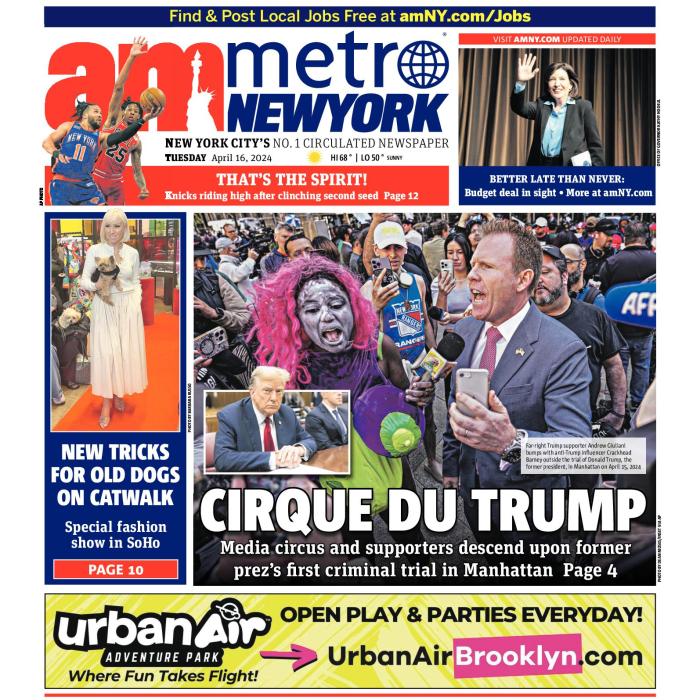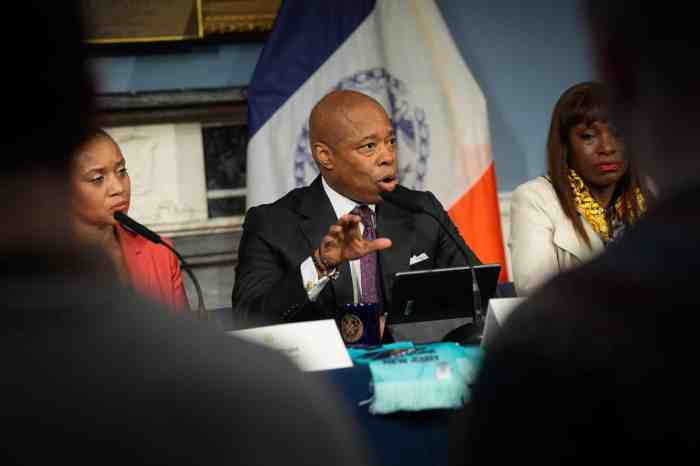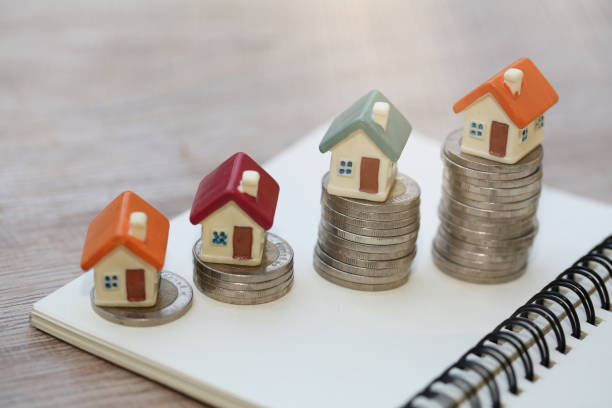
In the next few weeks, a New York court could set the city on a truly progressive path by directing it to recycle all plastic foam, rather than ban a small portion of it.
But it shouldn’t take a judge’s order for the de Blasio administration to fully embrace recycling. The city should implement a plan now to recycle all foam at zero cost to taxpayers.
The city’s recent ban on foam covers only food service products, namely takeout clamshells and coffee cups — a small percentage of the foam funneling into landfills. The ban does not cover the foam that protects your new TV, and the foam trays used to package meat and eggs.
The city still sends 25,000 tons of rigid plastic and foam into landfills, despite false claims of removing all foam from the waste stream. Some call it “greenwashing” when you claim to recycle things you really don’t, just to boost your image. I say it will cost New Yorkers millions.
Despite promising to make some waivers available, de Blasio’s decision to implement this senseless policy will require many hardworking restaurant owners to pay more for foam alternatives out of already tight margins, forcing customers to foot the bill. Is this the progressive promise of “One City” the mayor offered us? Customers of these bodegas and small stores scratch for every dollar they make, and they don’t need a new tax on their morning routine or lunch break.
At the end of 2013, the City Council granted manufacturers a year to prove foam was recyclable in an economically feasible, environmentally sound and safe way. Evidence shows that foam is 100 percent recyclable and that there’s a national market for the kind of used foam our city produces. Unfortunately, de Blasio turned his back on the facts and he betrayed small-business owners — many from immigrant communities — who believed him when he promised to end the inequality he so famously railed against.
It’s not too late for the mayor to put aside this elitist policy and embrace full-foam recycling.
The city could, right now, strike a deal to recycle 100 percent of all foam and sell it at a profit, and requiring industry — not taxpayers — to foot the bill to make it happen. Mayor, listen to the facts and honor your progressive promises.
Let’s recycle now.
Robert Jackson served as City Council member from 2002 to 2013.

















